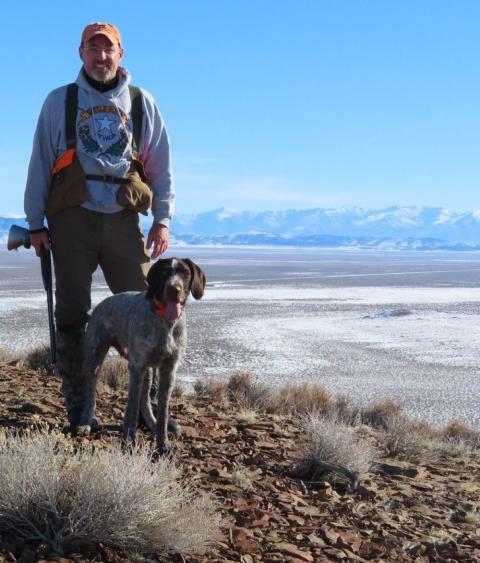Conservation Brief
USDA Expands Conservation Programs to Support Climate Smart Agriculture
The U.S. Department of Agriculture (USDA) announced on January 10 that the Natural Resources Conservation Service (NRCS) was providing new and expanded conservation programs to support climate smart agriculture. The agency will be offering the Environmental Quality Incentives Program (EQIP) Conservation Incentive Contracts option nationwide along with a new Cover Crop Initiative under EQIP and added flexibilities for producers to enroll under the Conservation Stewardship Program (CSP). In addition, on January 13 NRCS announced that it was making $225 million available through the Regional Conservation Partnership Program (RCPP).
“Climate change is happening, and America’s agricultural communities are on the frontlines,” NRCS Chief Terry Cosby said. “We have to continue to support and expand the adoption of conservation approaches to support producers in their work to address the climate crisis and build more resilient operations. We are continuously working to improve our programs to ensure we’re giving farmers and ranchers the best tools to conserve natural resources.”
NRCS will be making $38 million available in 11 states (Arkansas, California, Colorado, Georgia, Iowa, Michigan, Mississippi, Ohio, Pennsylvania, South Carolina, and South Dakota) to encourage the widespread adoption of cover crops by agricultural producers. The states were selected based on their demonstrated demand for additional support for the cover crop practice. Cover crops offer a climate solution through their ability to sequester atmospheric carbon dioxide into soils while also addressing other natural resource concerns. In fiscal 2021, NRCS provided technical and financial assistance to help producers plant 2.3 million acres of cover crops through EQIP.
The Conservation Incentive Contracts under EQIP help producers address priority resource concerns using management practices, such as irrigation water management, drainage water management, feed management and residue and tillage management that target resource concerns, including degraded soil and water quality, available water, and soil erosion.
The change to the Conservation Stewardship Program allows producers to immediately re-enroll in the program following an unfunded application to renew an existing contract. Previously, if a CSP participant did not re-enroll the year their contract expired, they were ineligible for the program for two years—this happened even if the renewal was not completed due to the unavailability of funds. This year, producers renewed 2,600 CSP contracts covering 3.4 million acres. Applicants with unfunded fiscal 2022 CSP renewals will receive letters this month, notifying them they are automatically eligible to apply for future CSP funding opportunities, rather than needing to wait two years to reapply.
NRCS accepts applications for conservation programs year-round however there are state-specific ranking dates for consideration. Ranking dates by state for the current fiscal year are posted on the NRCS website.



